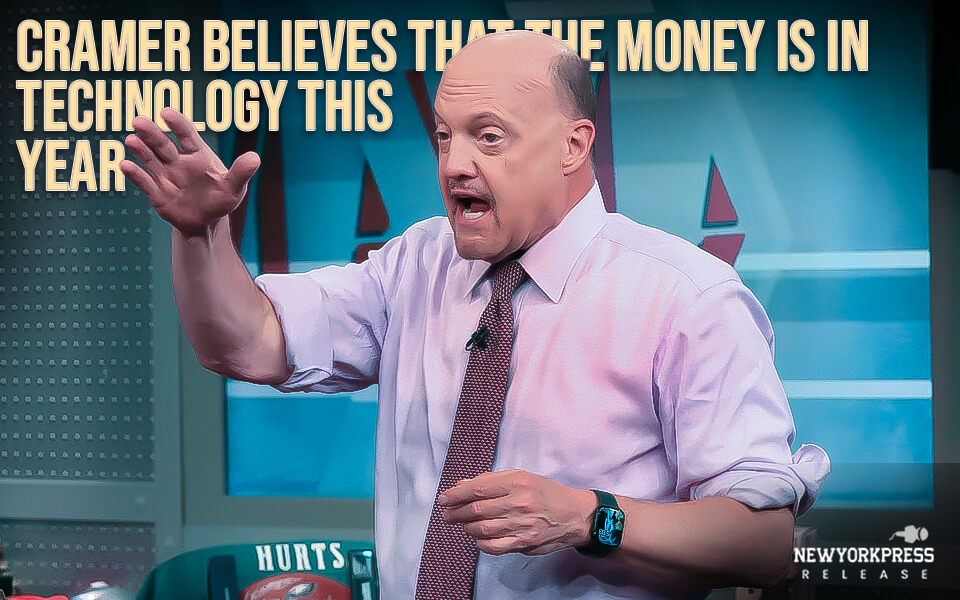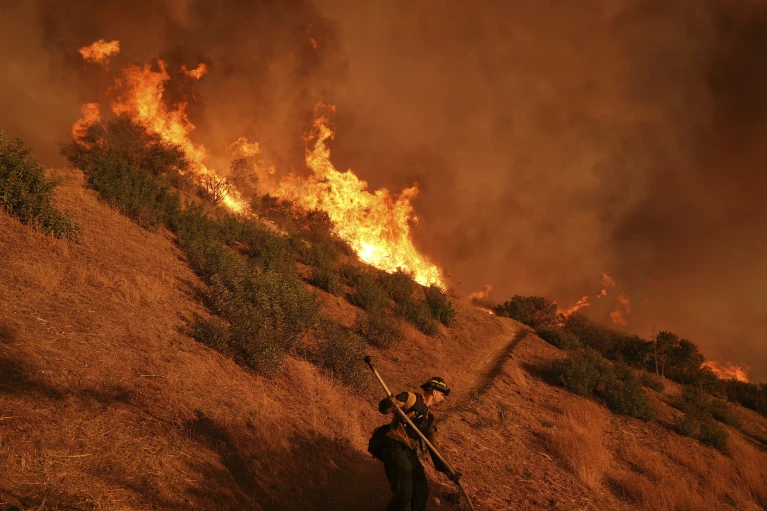President-elect Donald Trump has picked Robert F. Kennedy Jr., a vocal vaccine critic, as his Secretary of Health and Human Services appointee. The appointment immediately raised a firestorm of concern among health experts and public health advocates who said Kennedy’s history of promoting unfounded vaccine skepticism could lead to significant shifts in national health policy.
As an outspoken environmental attorney and a member of the prominent Kennedy family, he loudly proclaimed a belief in a correlation between vaccines and autism, despite overwhelming scientific evidence to the contrary. That stance has helped keep the anti-vaccine movement alive, adding to the growing parental hesitation regarding childhood vaccinations.
Trump’s choice of Kennedy was in line with his administration’s tendency to defy long-standing protocols and policy on health matters. Critics worry that under Kennedy, HHS will no longer actively promote vaccines, which in turn could reduce efforts to maintain the country’s strong vaccination rates and protect against disease outbreaks that vaccines prevent.
Public health officials, including those at the Centers for Disease Control and Prevention, have expressed alarm about the opinions Kennedy has expressed. Their worry is that if vaccines start to be less prevalent, many of those diseases no longer commonly seen in the United States, such as measles and mumps, would resurface. As a growing number of vaccine-preventable diseases continue to resurface in pockets with low vaccination rates, Kennedy’s appointment amplifies those worries of public health experts.
As the country continues to grapple with the pandemic, and its sequelae, and the prospect of new infectious diseases, Trump’s pick of Kennedy raises questions as to what part science and evidence-based policy will play in the future of public health leadership in the United States.




